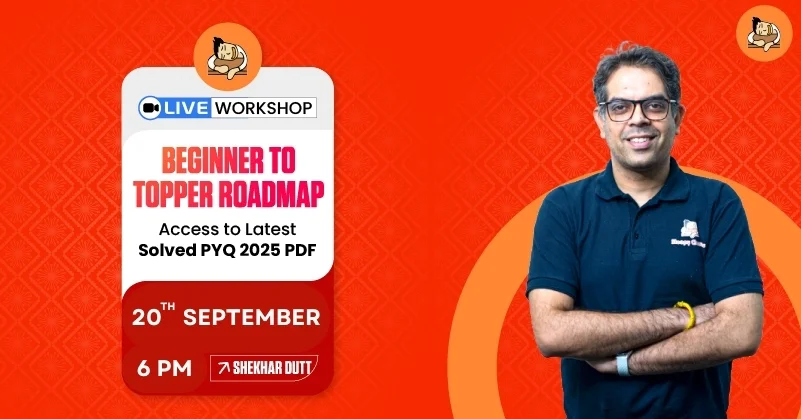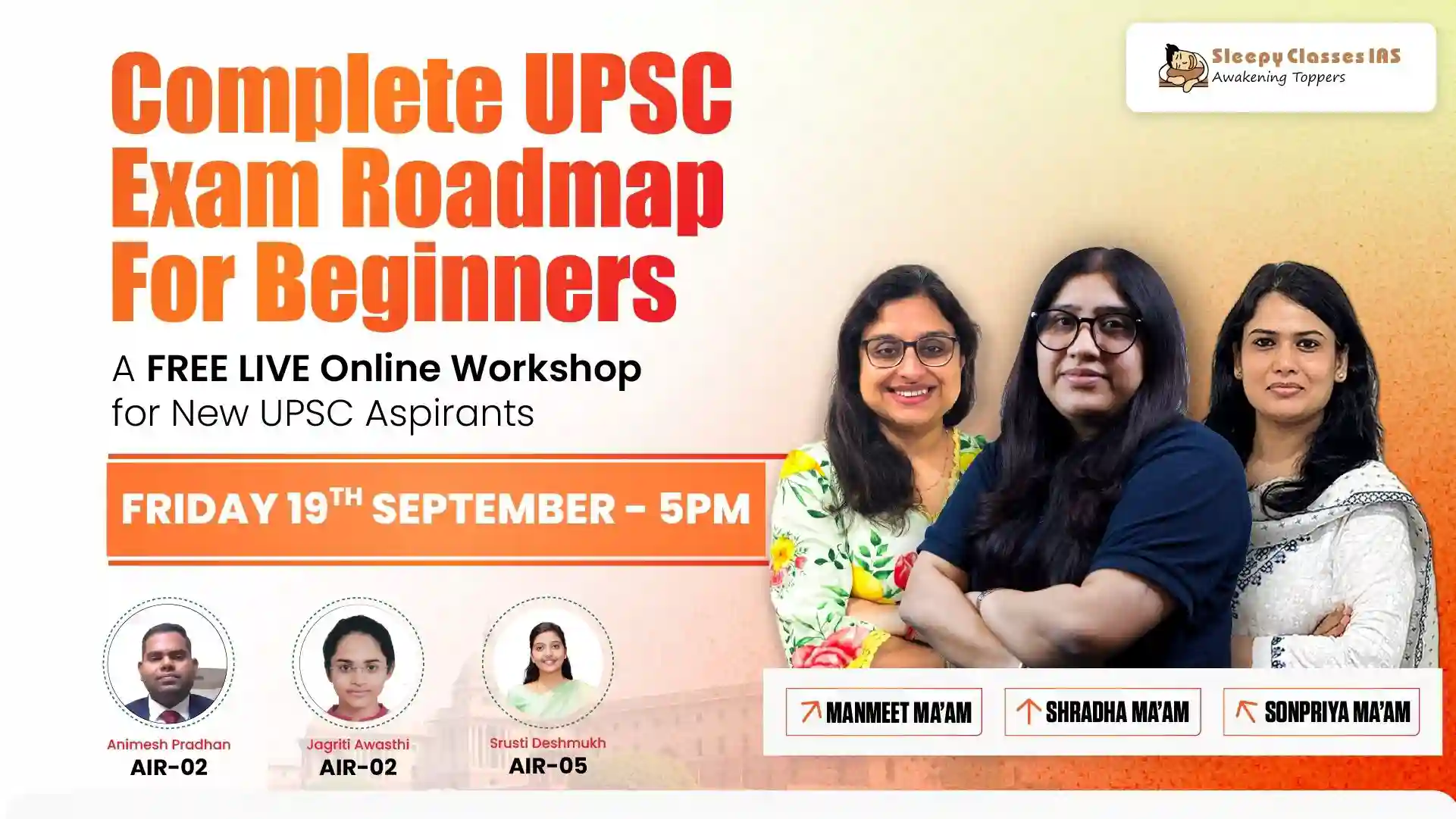POLITICAL SCIENCE AND INTERNATIONAL RELATIONS
(PAPER-I) (Optional)
Time Allowed : Three Hours
| Maximum Marks : 250
There are EIGHT questions divided in two Sections and printed both in HINDI and
in ENGLISH.
Candidate has to attempt FIVE questions in all,
Question Nos. 1 and 5 are compulsory and out of the remaining, THREE are to be
attempted choosing at least ONE question from each Section.
SECTION-A
Q.1.
Comment on the following in about 150 words each:
a)Feminist critique of the State
b)Affirmative action
c)Equality of outcome as a political idea
d) “Political ideology is primarily concerned with the allocation and utilization of
Power. Comment
Q.4
a)Do you think that the Buddhist Traditions have lent greater ethical foundation
to the ancient Indian political thought? Give your arguments.
b)Marx’s concept of ‘alienation’ is an essential part of the reality in capitalism.
Explain.
c)”Free and fair deliberation is key to the foundation. Explain
Q.6.
a)”Constitutionally reconciling the Fundamental Rights with the Directive
Principles of State Policy has led to frequent amendments of the Constitution
and judicial interventions.” Comment.
b) The role of the President of India becomes more significant during a minority
government and a coalition government. Explain.
c) Do you think that despite having significant limitations the Panchayati Raj
Institutions have strengthened the process of democratic decentralization?
Give your views.
Q.7.
a)”The Indian party system is shaped by a complex interaction of the country’s
federal structure, electoral system and social cleavages.” Explain.
b)Do you think that there has been a gradual shift in the basis on which the
demands for the creation of new States have been raised in different regions of
India? Explain.
c) What explains India’s modest improvements in social development outcomes
even as the rate of growth has accelerated since the initiation of economic
Reforms?
Q.8
a) “The success of electoral democracy can partly be attributed to the status and
role of the Election Commission of India.” Explain.
b)Examine the evolution of the jurisdiction of the Supreme Court of India as a
c) Explain how caste as a social category is also becoming a political category in
the democratic politics of India.





